Is Collagen Safe During Pregnancy? Risks, Benefits and More
- April 10, 2024
- Last Updated: April 10, 2024
- 0 Comments
- Pregnancy & Postpartum
Your prenatal vitamin is an obvious supplement geared for pregnancy. But can you take collagen if you’re pregnant? Is collagen safe for pregnancy? Are there benefits to taking collagen supplements while pregnant? Today’s post is all about using collagen during pregnancy and why you might want to try it.
As an Amazon Associate, I may earn from qualifying purchases. You can read more here on our Disclaimer and Privacy Page.
Disclaimer – This post is for informational purposes only and is not for diagnosing or treatment. See your medical provider or Registered Dietitian for individual recommendations.
Pregnancy is a beautiful thing, isn’t it? I’ve had 3 babies, and I’ve loved each unique experience.
But one common thread through all of my pregnancies was ensuring adequate and safe nutrition.
As an expectant mother, I focused on healthy breakfasts for pregnancy and pregnancy electrolyte drinks to stay hydrated.
As a pregnant woman, you are used to being vigilant.
You want to make sure you’re eating the right things for your baby to thrive, but they also need to be safe and tasty.
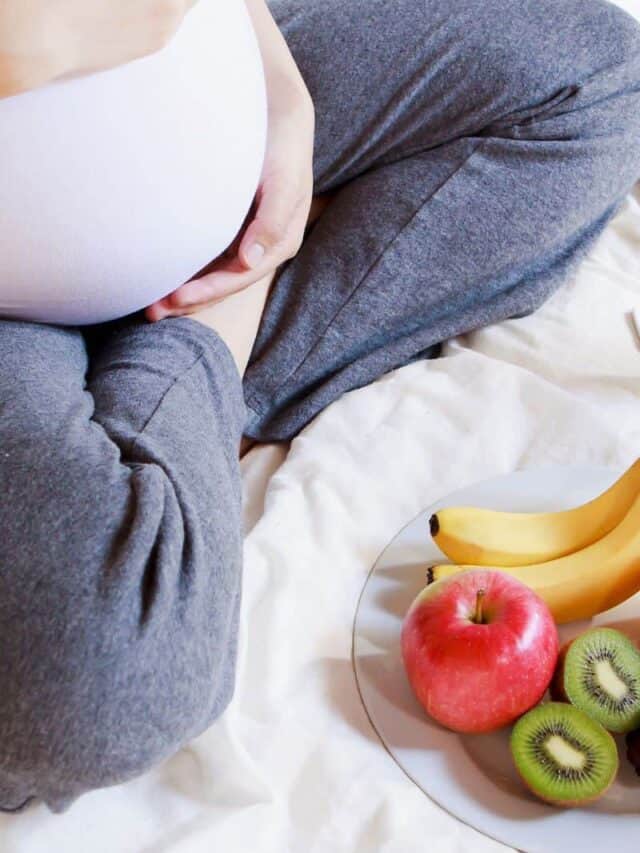
I remember asking my healthcare provider, “Is collagen safe for pregnancy?” during my last pregnancy.
I knew that protein was essential for supporting pregnancy, but what about in supplement form? Should I avoid certain things and should I be taking collagen while pregnant as part of my daily routine?
Collagen supplements are popular and in high demand right now.
We’ve already researched collagen for breastfeeding, so today’s post is dedicated to breaking down what you need to know about collagen during pregnancy.
If you’re wondering about its safety profile, look no further. I dug into the research to find out if collagen supplementation is safe for pregnancy.
Plus, I’ve rounded up my choices for the best collagen supplements for pregnancy.
What is Collagen?
To answer if collagen is safe while pregnant, we first need to understand what collagen is.
Collagen is a protein that is naturally made by the body and is largely available to build and maintain connective tissue.
In fact, collagen is the most abundant protein in the body!
It is responsible for the structure of the body’s tissues, and is mainly concentrated in the connective tissue, bone, cartilage, tendons and skin.
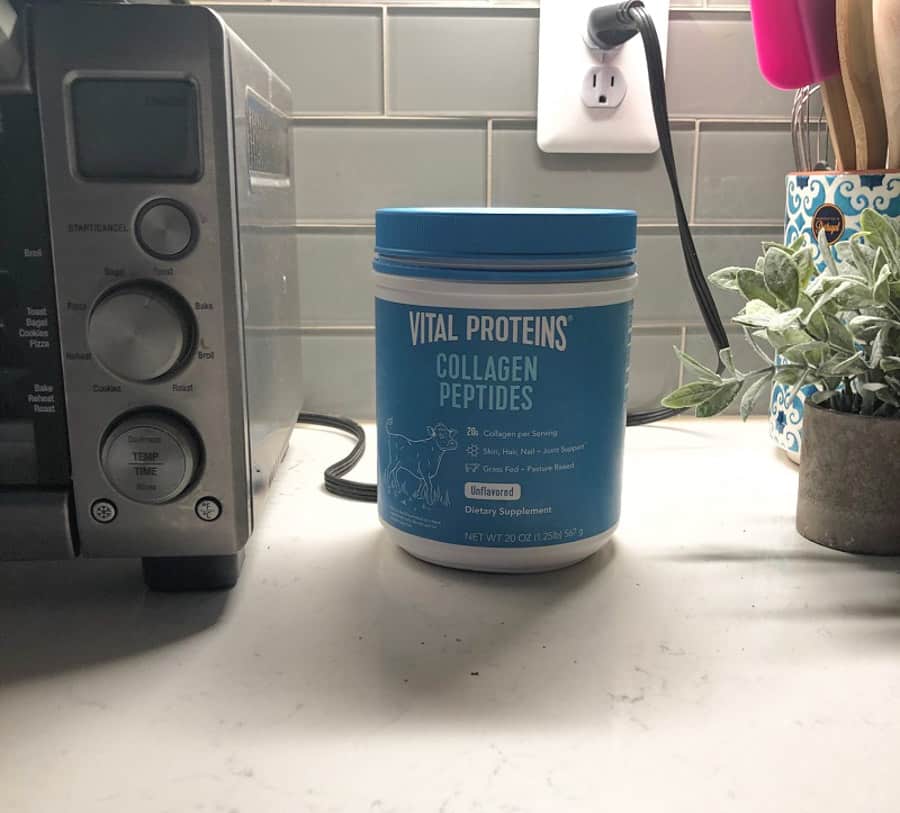
Originating from animal sources, collagen contains amino acids like proline, hydroxyproline, and glycine—which play a role in tissue repair.
Considering your body is doing a whole lot of building during pregnancy, collagen has an important role.
Collagen For Pregnancy
From the beginning of your pregnancy, collagen is instrumental in prepare the uterine lining for implantation of the embryo, as well as the uterus’s rapid change and growth.
Then there’s the placenta – which is made of mostly collagen! That’s what gives it the jelly-like texture.
Furthermore, the baby is growing new tissues that require collagen.

Then you have all of the recovery needed after delivery (get ready with this postpartum recovery kit!), where you’ll have a lot of rebuilding of connective tissue, bone, cartilage, etc.
You can prepare in advance (like taking collagen for postpartum hair loss), but your body does most of the work.
Collagen is necessary to help repair those tissues and pregnancy hormones signal this demand for collagen!
But it’s not just hormones – your diet makes a difference too. Are you eating natural sources of collagen, or can you take collagen peptides while pregnant?
Dietary Sources of Collagen
While the body can make some of the amino acids that make up collagen, some are essential amino acids, meaning we need to consume them through food or by supplementation.
You want to eat a well-rounded diet (as part of regular pregnancy self-care) to promote adequate collagen production.
As a Registered Dietitian, I will always point people to whole foods first, before supplements.
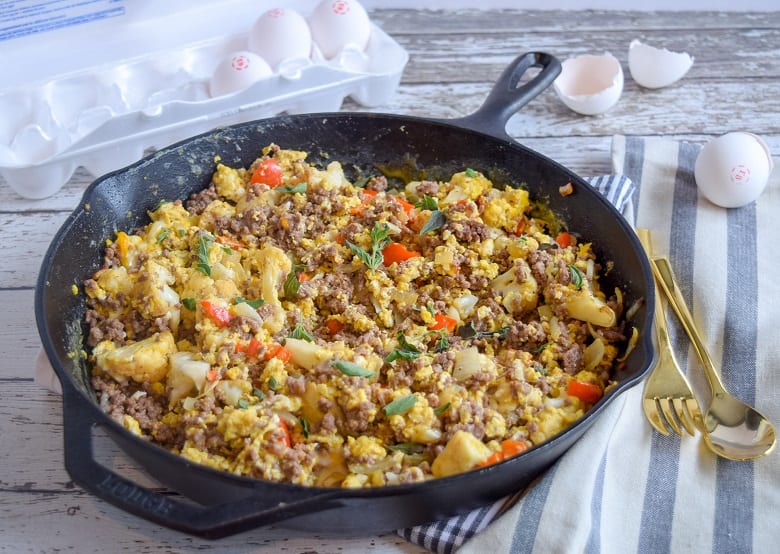
Your prenatal diet is key to getting the nutrients you need for both your baby and you.
Your body will prioritize nourishing your baby over all things during pregnancy, which is why it can be easy for a pregnant woman to feel depleted.
You want to eat a variety of foods that boost your nutrition so you feel your best during pregnancy, and to help you prepare your body for postpartum recovery and breastfeeding.
Fortunately, there are ways to get collagen benefits for pregnancy through just your diet with the following foods:
- Bone broth – Compared to regular broth, bone broth is high in those specific repair amino acids, like proline and glycine, since they were released directly from the animal’s bones into the liquid.
- Fish with bones or skin (i.e., sardines, canned salmon, tuna, smelt)
- Eggs – The nutrition in eggs is amazing for the whole life cycle.
- Chicken with the skin
- Organ meats (liver, kidneys, heart, etc.)
- Collagen peptide supplements
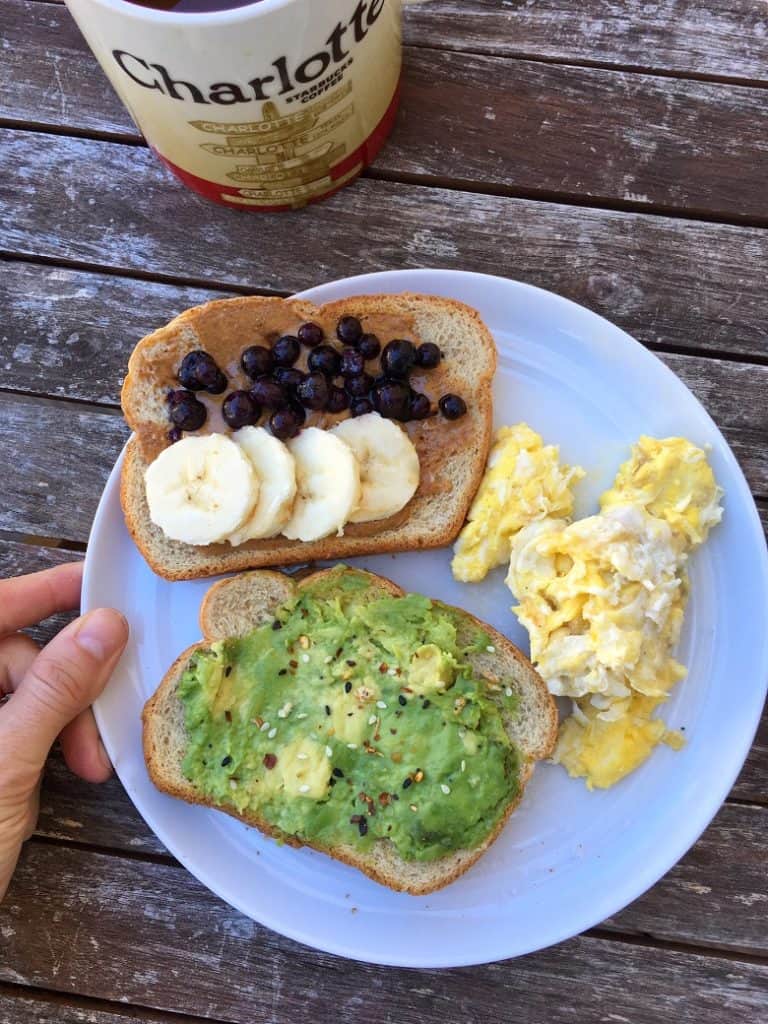
Is Collagen Safe During Pregnancy?
Collagen is a naturally occurring protein found in food, so it is generally considered safe for consumption during pregnancy.
Collagen is made from animal (bovine collagen) or marine sources, like fish—so even marine sources of collagen are safe for pregnancy.

While there isn’t a large body of research on collagen use in the pregnant population, the study published in the Journal of Pregnancy and Child Health reported that it was tolerated well.
As always, check the ingredient list to ensure there aren’t any questionable ingredients and always check with your medical provider!
ALWAYS ASK YOUR PROVIDER
If you have medical conditions or concerns, you should always check with your healthcare provider first.
Risks of Collagen During Pregnancy
Remember that too much of a good thing isn’t always a good thing, so you always want to evaluate any risks with your provider.
Here are some side effects or possible risks to consider about taking collagen during pregnancy.
- Upset stomach – While protein helps you feel less hungry and satisfied after eating, consuming large amounts of protein can upset digestion. It can take a while for the body to break down protein, and too much may leave you feeling gassy and bloated.
- May increase risk of gestational diabetes (GDM) – Gestational diabetes (GDM) is a multi-factorial diagnosis that usually has multiple factors and causes, some even being genetic. However, taking too much protein during pregnancy could put you at an increased risk for gestational diabetes, or high blood sugar during pregnancy. One study found that protein powder supplementation during early pregnancy was associated with gestational diabetes. This isn’t limited to protein supplements, but protein foods too. Some research even shows that excessive animal protein intake may increase the risk of GDM, but the results are mixed.
Benefits of Collagen for Pregnancy
As with anything (too much of anything usually has some risks), you want to discuss the risks vs. benefits of collagen for pregnancy with your provider.
Now that we’ve acknowledged some of the risks, let’s talk about some of the collagen benefits for pregnancy.
- May fill dietary gaps – Supplements, including collagen supplements, can help fill the nutritional gaps in your diet. Yes, eating food is superior. But, there are certain supplements that can complement a well-rounded healthy diet and provide specific gaps. Things like your prenatal vitamin, or an EPA/DHA fish oil supplement can provide vital nutrients for optimal pregnancy nutrition.
- May help with stretch marks – A mother’s body sure does endure a lot during pregnancy. The American Pregnancy Association talks about collagen as a “skin food.” Collagen and elastin skin fibers are necessary for skin elasticity. Eating foods rich in Vitamins C and E, zinc and silica, which help to form collagen, is advantageous.
- Helps to counter morning sickness – Sometimes, morning sickness robs us of our appetite and eating feels like too much of a chore. Especially during that first trimester when you’re just feeling yucky. When high-protein foods like meat or eggs just don’t sound good to you, supplements can come in clutch. The average collagen peptides supplement provides about 9 grams of protein per 10-gram serving.
- Necessary amino acids – Collagen peptides have some of the essential amino acids that are crucial for your baby’s growth and development, including arginine, proline and glycine. These amino acids continue to be helpful in the postpartum stage as well.
- Arginine is an amino acid involved in baby’s growth, development, and survival.
- Proline is key for gene expression, protein synthesis, and the formation of new blood vessels.
- Glycine is especially important in late pregnancy and it promotes cell multiplication and function.
- Helps to meet increased protein needs – During pregnancy, your protein needs increase. A pregnant person needs about 46 grams of protein (0.8 grams/kg of body weight) daily in the first trimester. This goes up to around 71 grams (1.1 grams/kg of body weight) per day in the second and third trimesters. This will, of course, vary by person, weight, exercise and more.
- As previously mentioned, excessive protein isn’t the goal. But a safe amount to aim for is about 10-25% of your energy to come from protein sources. Here are some of my favorite ideas for high protein snacks for pregnancy.
- Making sure you get adequate protein may ensure your baby will grow properly. Protein supplementation was found to reduce small for gestational age babies.
This visual can also help you get enough protein on your plate.

How to Mix Collagen
Collagen is really easy to mix into your favorite beverage.
And who doesn’t love easy, especially when you’re growing a human?!
I like to add mine to these homemade electrolyte drinks. But you certainly aren’t limited to drinks.
Collagen is usually flavorless and can be hidden in a number of foods/drinks like these:
- Coffee (or this yummy peanut butter coffee smoothie)
- Tea
- Hot chocolate
- Juice – I use 100% juice in my favorite pregnancy mocktails
- Smoothies – any of the smoothies for pregnancy also work for postpartum!
- Water
- Milk
- Soup
- Oatmeal, like this golden turmeric oatmeal
- Pudding – try this rich vegan chocolate pudding
- Homemade popsicles (like these creamy coconut popsicles
- Yogurt – Easy to mix into yogurt to get 25 grams of protein at breakfast!
- Baked goods
- Overnight oats
Best Collagen for Pregnancy
As a dietitian, I have high standards when it comes to supplements. I look for third-party tested options, and often supplements that are NSF or USP certified.
If you’re overwhelmed by the collagen offerings, it’s no surprise.
There are different types of collagen and a growing number of these trending supplements are available online and in stores.
What type of collagen supplement you get depends on your needs and tastes. Do you want a collagen powder for pregnancy? Do you want peptides or gummies?
Check the ingredients to make sure it’s beneficial for you, and there are no artificial ingredients with adverse effects.
I’ve rounded up some of the ones I’d choose for pregnant moms.

Naked Nutrition Collagen Peptides Powder Supplement
The ingredients are simple and this supplement is third-party tested to ensure it’s a high-quality product. It is completely tasteless and will easily dissolve into your beverage.

Thrive Market Collagen
Thrive Market is my favorite. Grocery delivery is invaluable during pregnancy, when you just don’t feel like shopping.
And they have awesome snacks for the kids there!
The Thrive Market collagen is grass-fed and has a blend of 18 amino acids.
Their collagen is easy to use, affordable, and blends into everything really nicely. I have it on auto-order!
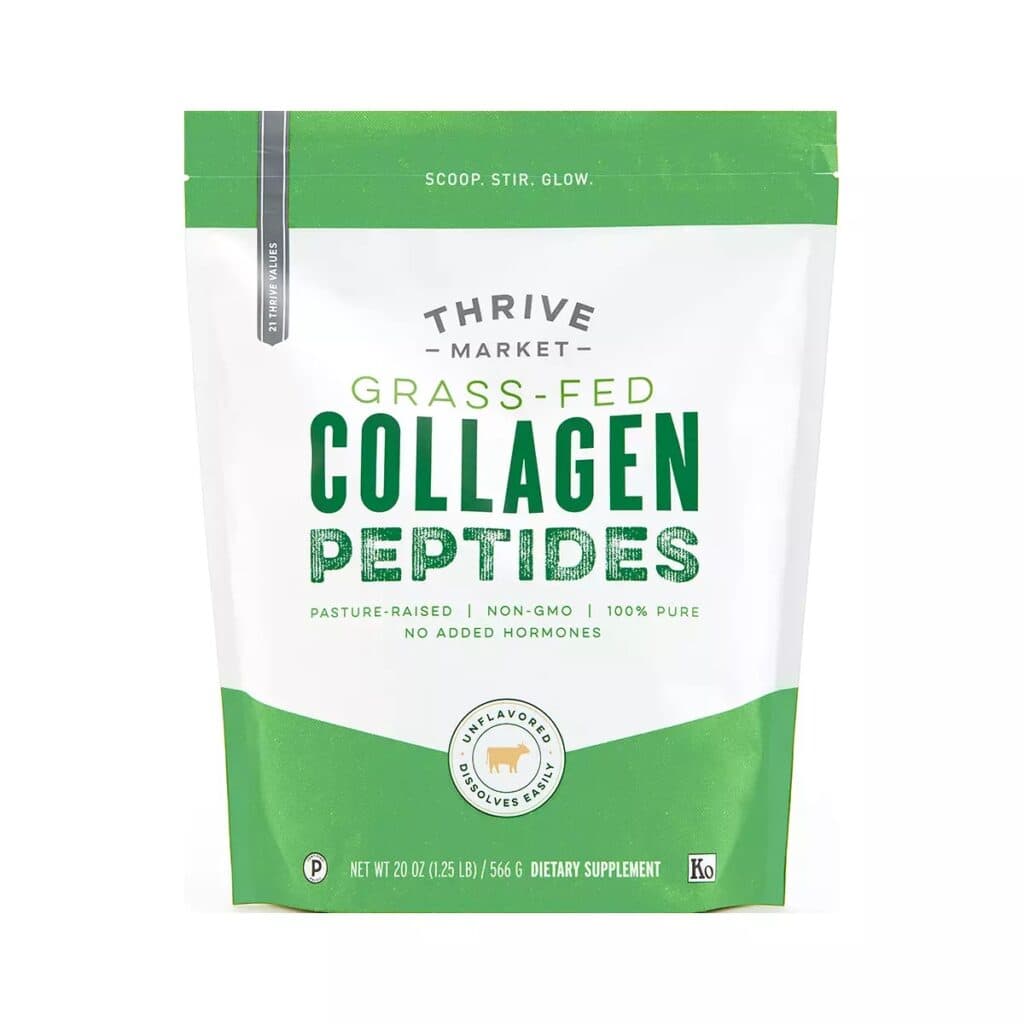
Orgain Hydrolyzed Collagen Powder
This collagen supplement makes an excellent all-in-one addition to your smoothies or other beverages.
It’s unflavored and contains vitamin C and many other antioxidant-rich ingredients.

Ancient Nutrition Collagen Powder Protein with Probiotics, Unflavored Multi Collagen Protein with Vitamin C
This collagen supplement contains 10 types of collagen proteins, plus it has probiotics to enhance gut health.
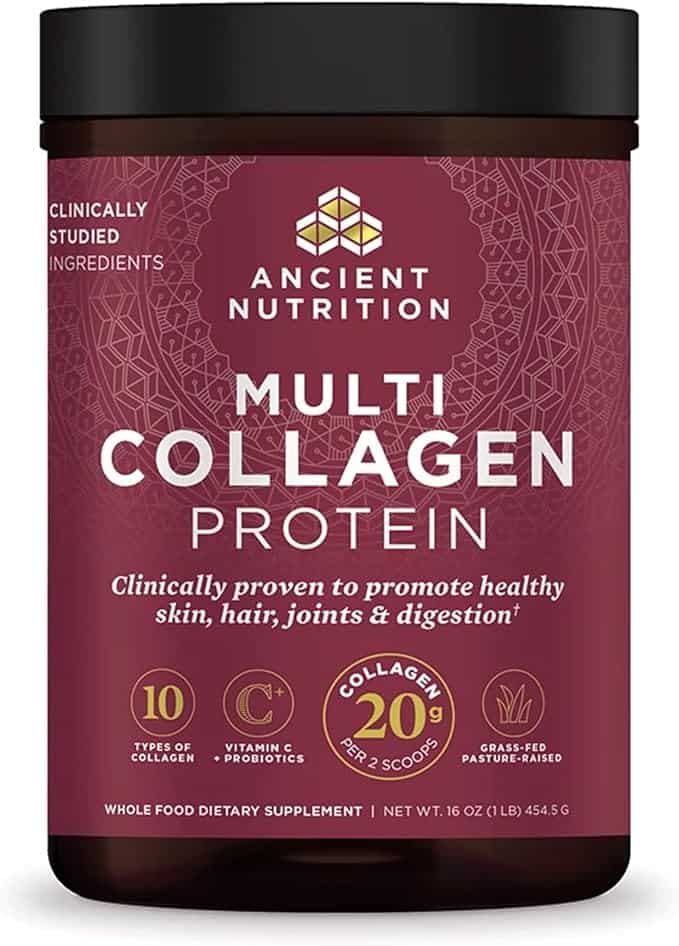
Vital Proteins Marine Collagen Peptides Powder Supplement
This marine collagen supplement is derived from wild-caught fish and is easily digested. And even though it’s made with fish, it is tasteless.
If you’re looking for a quality marine collagen for pregnancy, this is it.
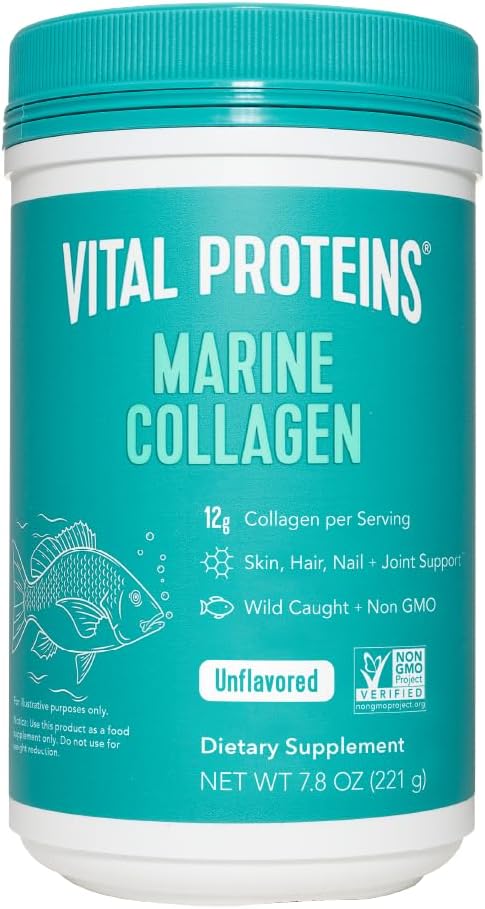
Vital Proteins Collagen Peptides Powder Supplement Travel Packs
Are you always running to prenatal appointments? I was, often with two other kids in tow!
These portable collagen supplements are perfect for when you need a little protein on-the-go to mix in your iced coffee or water bottle.
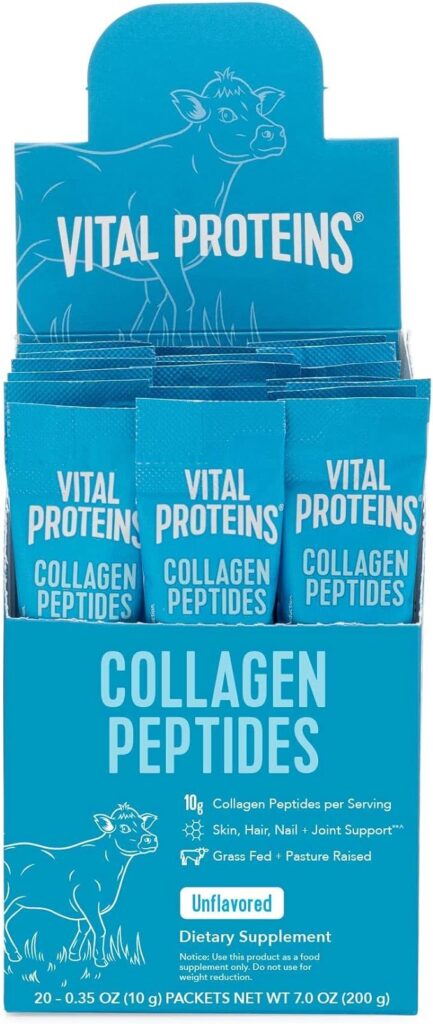
Ancient Nutrition Hydrolyzed Collagen Peptides Powder with Probiotics, Chocolate Multi Collagen Protein
Looking for a nutritious way to flavor up your coffee? Flavored collagen powders can do the trick!
These chocolate collagen peptides are grass-fed and include vitamin C.
Try adding it to chocolate oatmeal for an extra chocolatey treat.
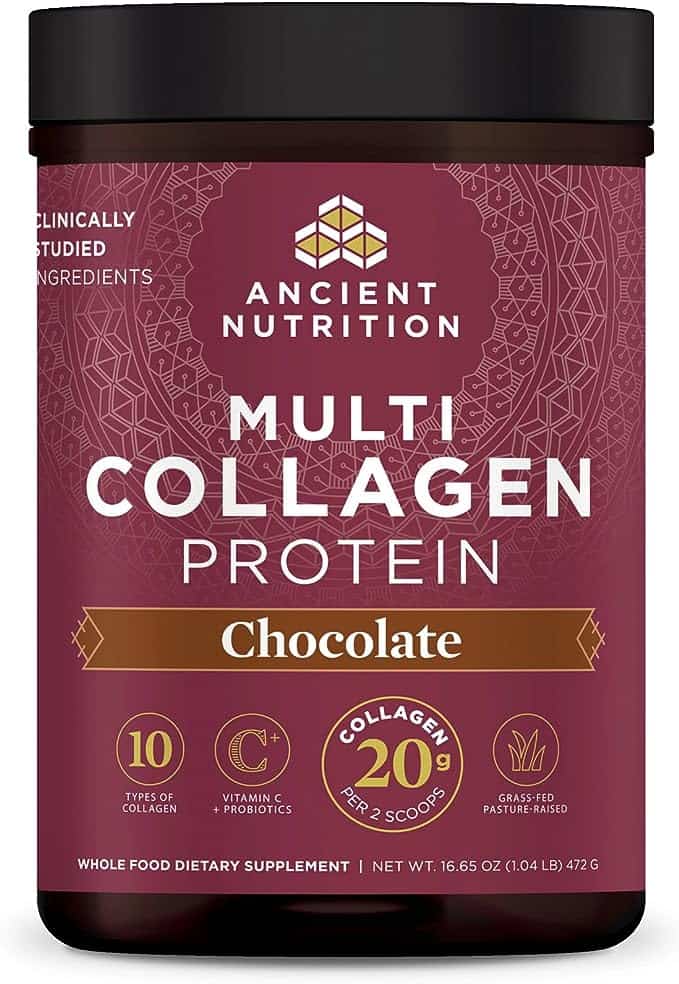
Key Takeaways For Taking Collagen While Pregnant
- Collagen is a protein that is made by your body, but contains amino acids that are required in your diet.
- Collagen is safe for pregnancy and there may be some benefits to supplementing with collagen, but not excess collagen or protein.
- Not only is collagen easy to add to food and drinks, but it can be flavorless and nutrients to what you’re already eating or drinking.
- Collagen may help you meet your pregnancy protein requirements. Plus it contains the essential amino acids glycine, arginine, and proline that support the growth and development of your baby.
- Too much protein can increase your risk for gestational diabetes, so don’t overdo your consumption of protein foods and supplements.
- Always talk to your care provider before taking a new supplement.
References:
- Imdad A, Bhutta ZA. Effect of balanced protein energy supplementation during pregnancy on birth outcomes. BMC Public Health. 2011;11 Suppl 3(Suppl 3):S17. Published 2011 Apr 13. doi:10.1186/1471-2458-11-S3-S17
- Yang M, Cao Z, Zhou J, et al. Protein powder supplementation in early pregnancy and the risk of gestational diabetes mellitus: a prospective cohort study. Food Funct. 2023;14(8):3815-3823. Published 2023 Apr 24. doi:10.1039/d2fo03609f
- Elango R, Ball RO. Protein and Amino Acid Requirements during Pregnancy. Adv Nutr. 2016;7(4):839S-44S. Published 2016 Jul 15. doi:10.3945/an.115.011817
- Pang WW, Colega M, Cai S, et al. Higher Maternal Dietary Protein Intake Is Associated with a Higher Risk of Gestational Diabetes Mellitus in a Multiethnic Asian Cohort. J Nutr. 2017;147(4):653-660. doi:10.3945/jn.116.243881
- Murphy MM, Higgins KA, Bi X, Barraj LM. Adequacy and Sources of Protein Intake among Pregnant Women in the United States, NHANES 2003-2012. Nutrients. 2021;13(3):795. Published 2021 Feb 28. doi:10.3390/nu13030795
- Hussain T, Tan B, Murtaza G, et al. Role of Dietary Amino Acids and Nutrient Sensing System in Pregnancy Associated Disorders. Front Pharmacol. 2020;11:586979. Published 2020 Dec 22. doi:10.3389/fphar.2020.586979
- Rasmussen BF, Ennis MA, Dyer RA, Lim K, Elango R. Glycine, a Dispensable Amino Acid, Is Conditionally Indispensable in Late Stages of Human Pregnancy. J Nutr. 2021;151(2):361-369. doi:10.1093/jn/nxaa263
Support Bucket List Tummy




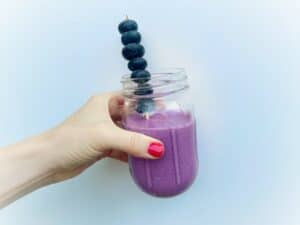


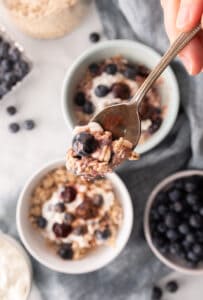

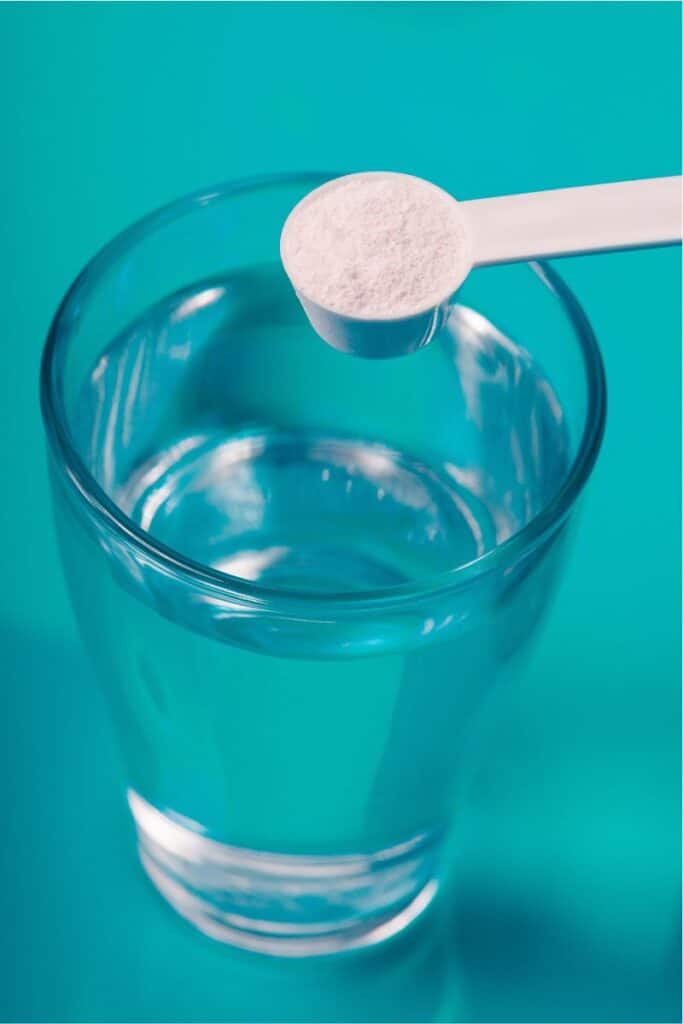


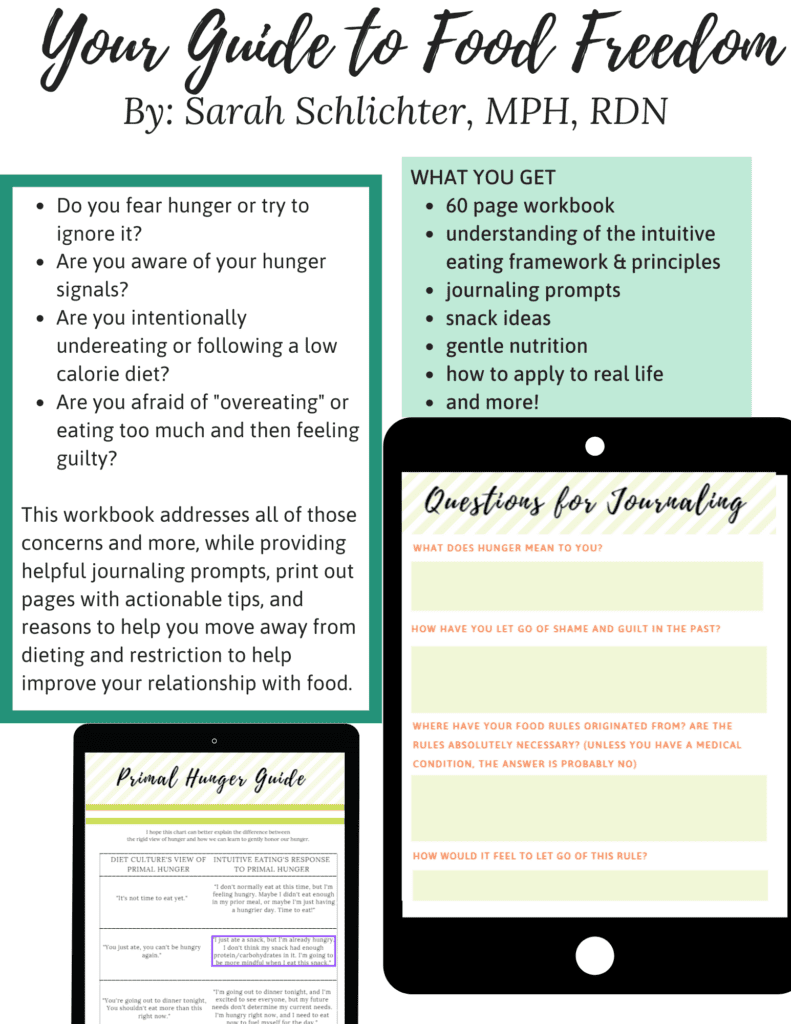







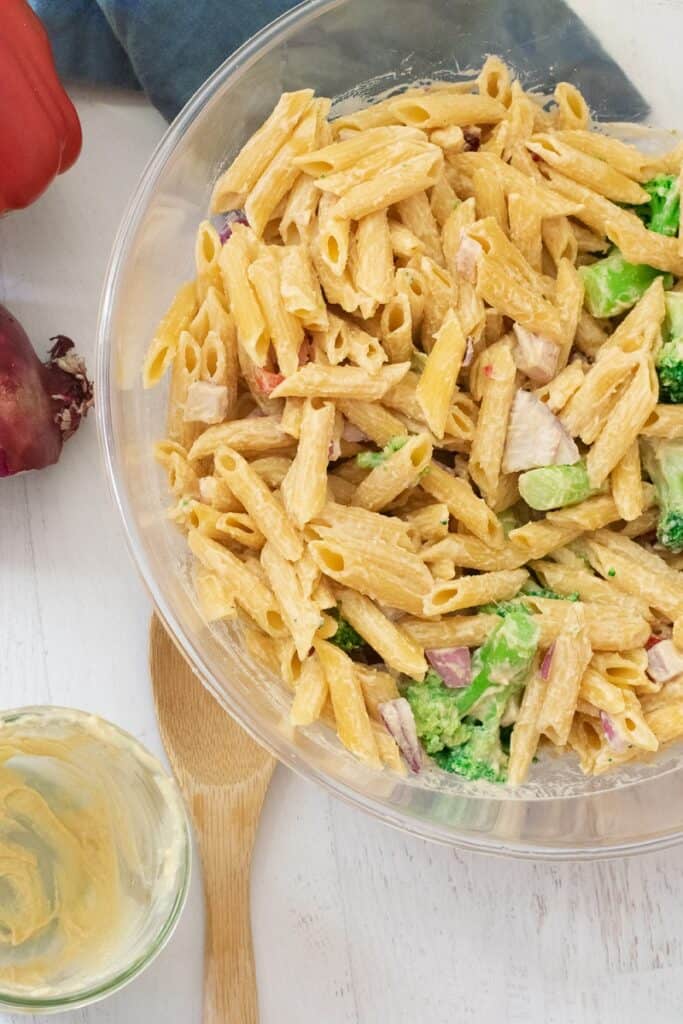

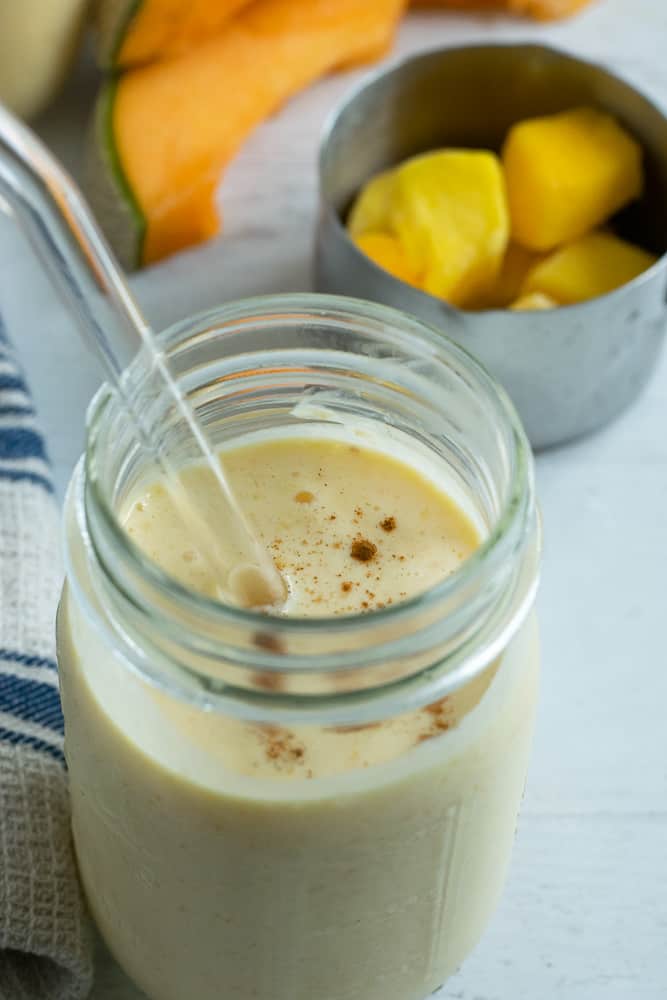

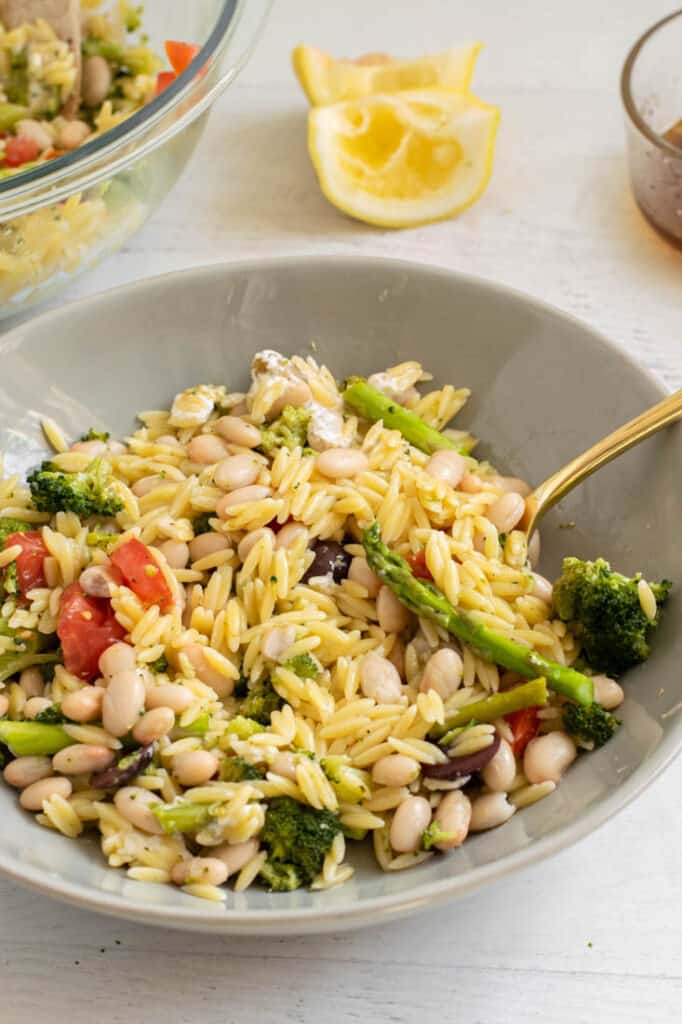
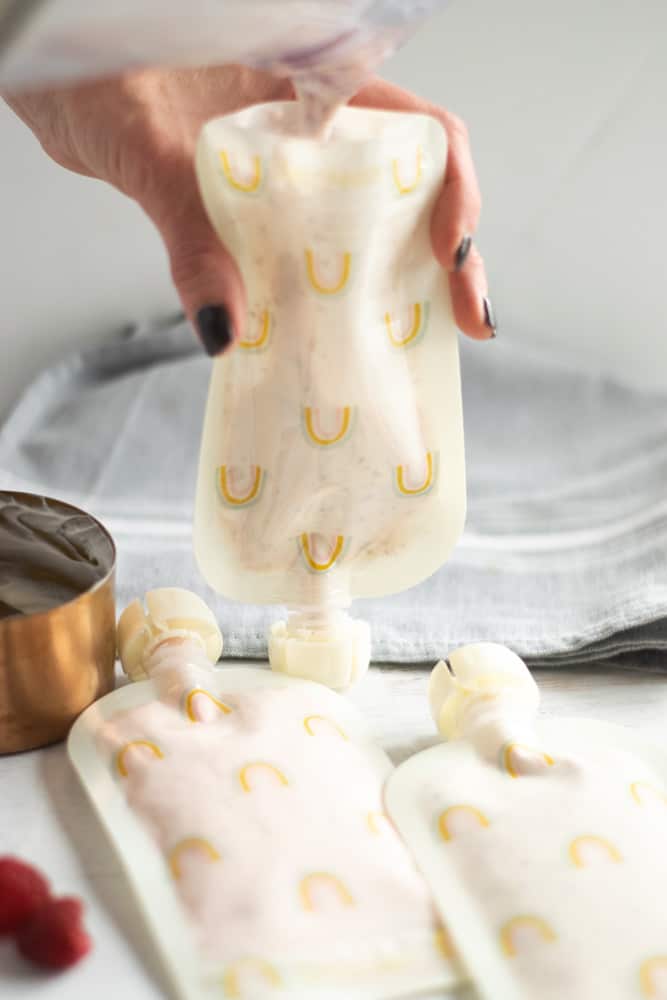
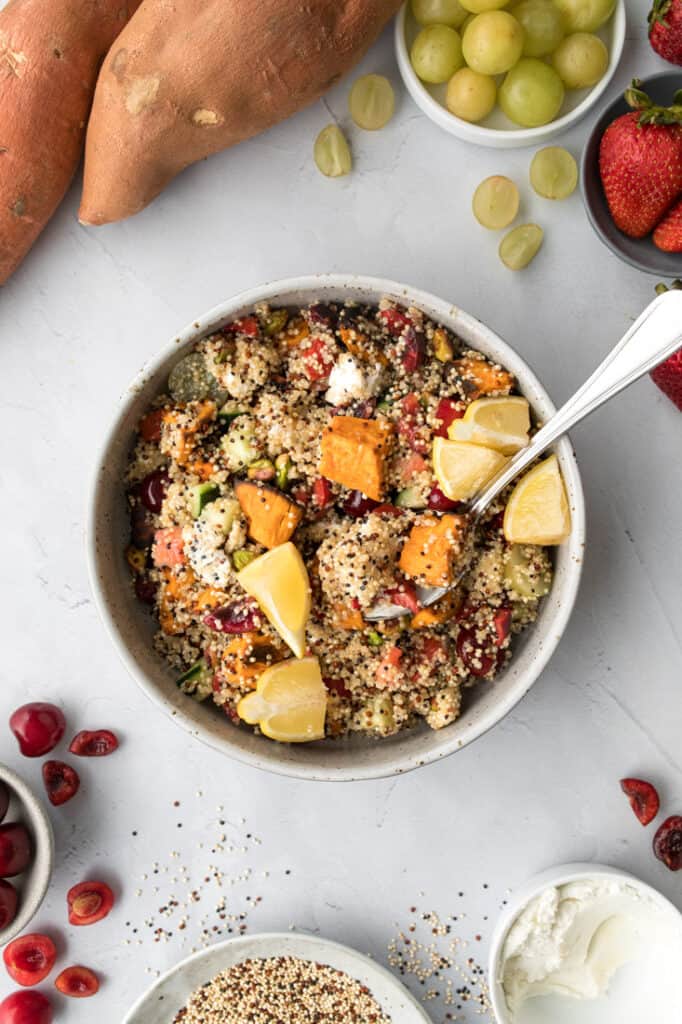

Like This Content?
Support Bucket List Tummy